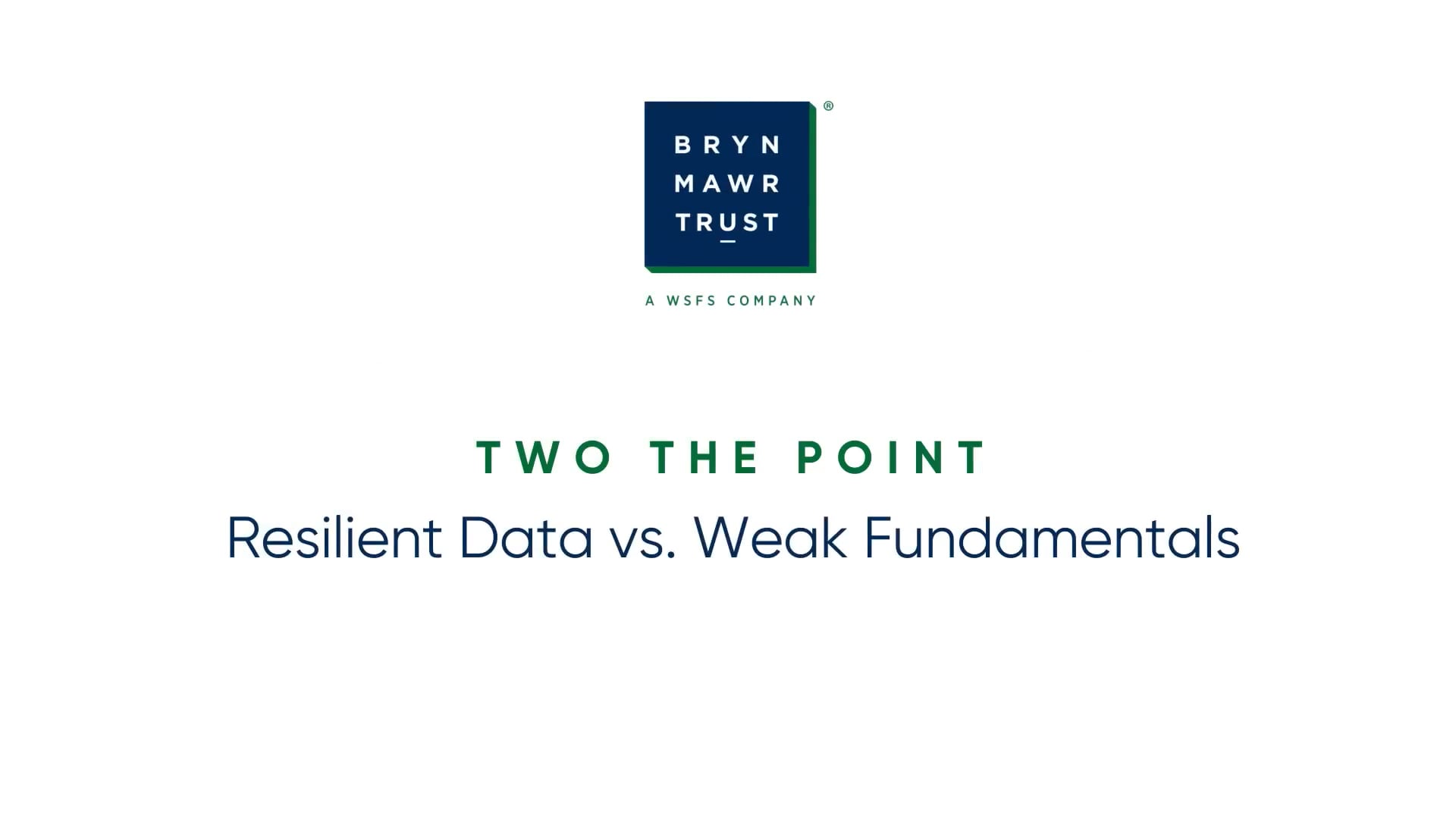Navigating Market Volatility: Strategic Insights Amid Rising Trade Tensions
Bryn Mawr Trust Contributor
2 min read
The announcement of blanket tariffs on all foreign goods coming to the U.S. resulted in a sharp market selloff yesterday. Indications for today show no reprieve, as China, the world’s second-largest economy, is imposing its tariffs on U.S. goods.
While historically, similar sparks have ignited a global trade war, immense uncertainty remains. Further retaliatory announcements from other large trading partners and escalation in return from the U.S. to increase the blanket tariff rate will damper consumer confidence, global trade, and markets.
Today, many investors are asking: “What should I do?”
During the first quarter, Bryn Mawr Trust made several tactical adjustments to defensively position our portfolios, anticipating that prolonged uncertainty and expanding tariffs would significantly impact financial markets. We reduced our exposure to AI-related stocks, U.S. small caps, U.S. high-yield bonds, and emerging markets debt while increasing our allocations to U.S. large caps, International Developed equity, high-grade bonds, and cash.
Keep these general investment principles in mind as we continue to monitor developments.
- For investors with a long time horizon, whether individuals or institutions, market volatility is built into your overall plan. Whether taking high or moderate levels of risk, markets move up and down in the near term and gradually up over the long term.
- If you contribute to accounts, you will buy more shares of the same assets on the way down, thus lowering your overall average cost.
- If you’re nearing retirement, you’ve likely already started the process of de-risking portfolios, and it’s prudent to make incremental adjustments while reviewing your plan now.
- If you are already retired, you have the option to raise cash to fulfill RMDs or cover spending patterns so that you aren’t forced to sell in challenging markets.
We advise all investors, regardless of their stage of life, to resist making impulsive changes during these bouts of market volatility. Drastic decisions such as selling your entire portfolio for cash can cause irreparable harm to your investment goals and long-term planning. Indeed, some of the strongest days of market performance follow directly after shocks like those we’re seeing this week.
Bryn Mawr Trust will continue to thoughtfully evaluate market conditions. We stand committed to your financial journey, and your team is always ready to answer any questions you might have.
Bryn Mawr Trust Contributor


